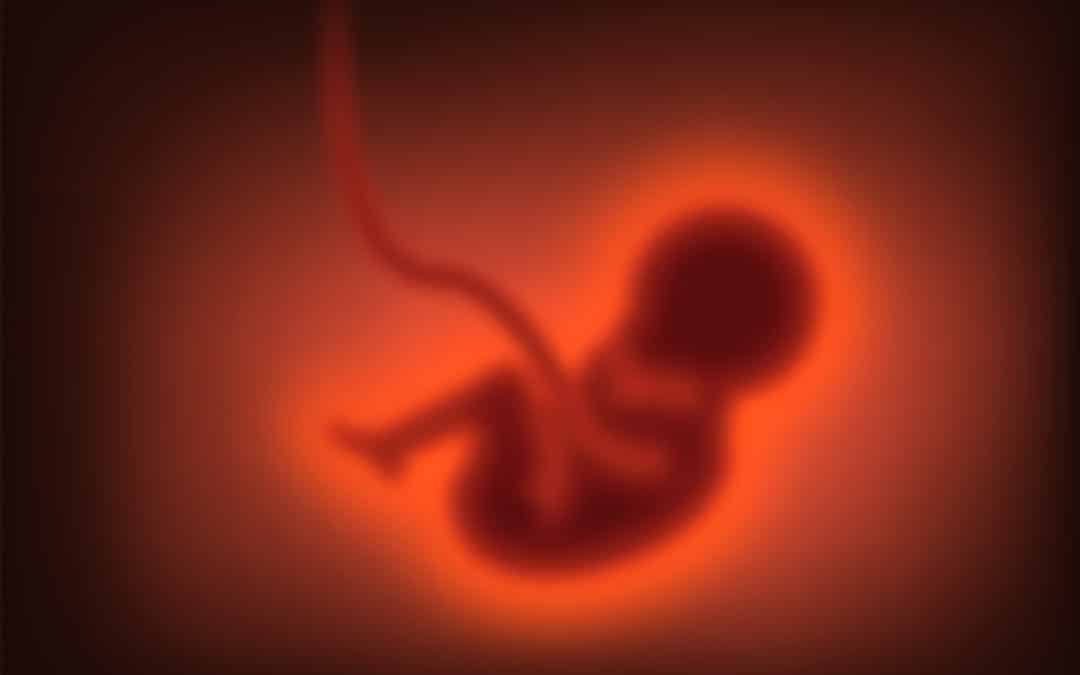WASHINGTON, D.C.— On Tuesday, January 3rd, the Food and Drug Administration (FDA) updated labeling for mifepristone (generic for Mifeprex) that would allow pharmacies (both online and brick and mortar) to dispense the drug.
In issuing the new regulations, the FDA formalized a decision made in 2021 to permanently drop the in-person requirement for the distribution of the abortion pill.
“The abortion industry wants to put at risk perfectly healthy mothers who are pregnant with perfectly healthy babies,” said Carol Tobias, president of National Right to Life. “None of these changes make this process safer for the woman. What these changes do is make the process easier and cheaper for the abortion industry.”
The revised Risk Evaluation and Mitigation Strategy (REMS) for Mifeprex would require that the drug only be dispensed by pharmacies that have completed certification and only those pharmacies, once certified, could dispense the drug prescribed by certified prescribers who have pledged to follow FDA guidelines regarding the screening and counseling of patients to ensure they know the risks and dangers.
Mifepristone is used in combination with misoprostol to cause an abortion. Mifepristone blocks progesterone, causing the death of the unborn baby, while the second drug, misoprostol, causes powerful, painful uterine contractions to expel the dead baby.
“The FDA has recorded more than two dozen deaths and thousands of complications associated with use of these mifepristone and misoprostol. These ‘adverse events’ include serious infections, severe hemorrhage, and the rupture of previously undiscovered ectopic pregnancies,” said Randall K. O’Bannon, Ph.D., director of education and research for National Right to Life.
The all too real possibility of a woman experiencing any of these adverse events means that a considerable number of these patients may have to visit the emergency room because of hemorrhaging, an incomplete abortion, or a ruptured ectopic pregnancy.
‘Telemedicine abortions’ expose the worst and most dangerous features of chemical abortions. Besides potentially making a woman go through a horrific procedure all alone, she may see her dead child, and she may be unsure of whether her pain and cramping and bleeding are normal or whether she is bleeding to death.
Tobias continued, “Terrified and in pain, a woman may seek help at the emergency room but help there may be hindered. Some abortion supporters have recommended that women conceal from emergency room personnel their use of mifepristone and misoprostol, placing a woman further in danger.”
“I’m not sure retail pharmacies will consider this a sound business risk to be selling dangerous abortion pills that can put women in the hospital,” said Scott Fischbach, National Right to Life’s new executive director. “I don’t believe their customers will be happy to find out that their local drugstore where they get their life-saving medicines is now stocking and distributing pills for the purpose of killing unborn children in their community.”
Founded in 1968, the National Right to Life Committee (NRLC), the federation of affiliates in each of the 50 states and the District of Columbia and more than 3,000 local chapters, is the nation’s oldest and largest grassroots pro-life organization. Recognized as the flagship of the pro-life movement, National Right to Life works through legislation and education to protect innocent human life from abortion, infanticide, assisted suicide and euthanasia.
###


Recent Comments